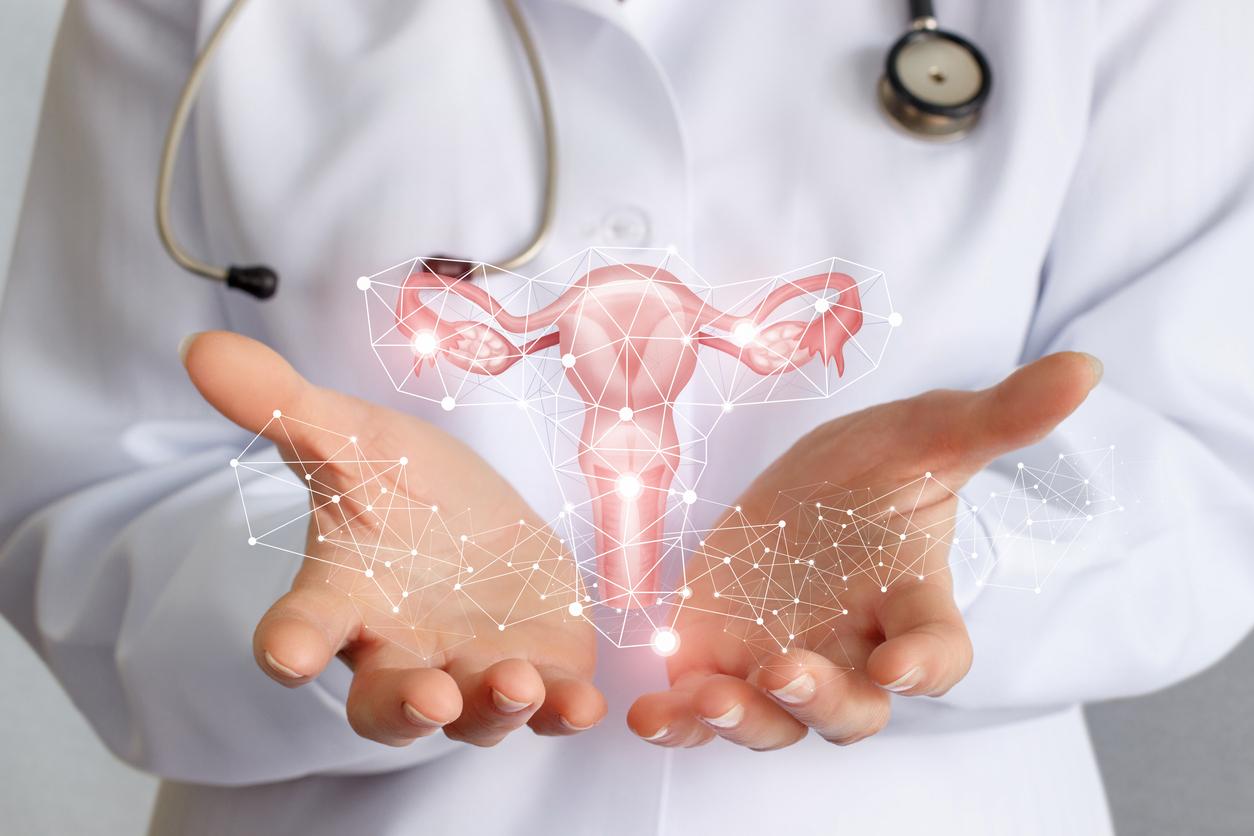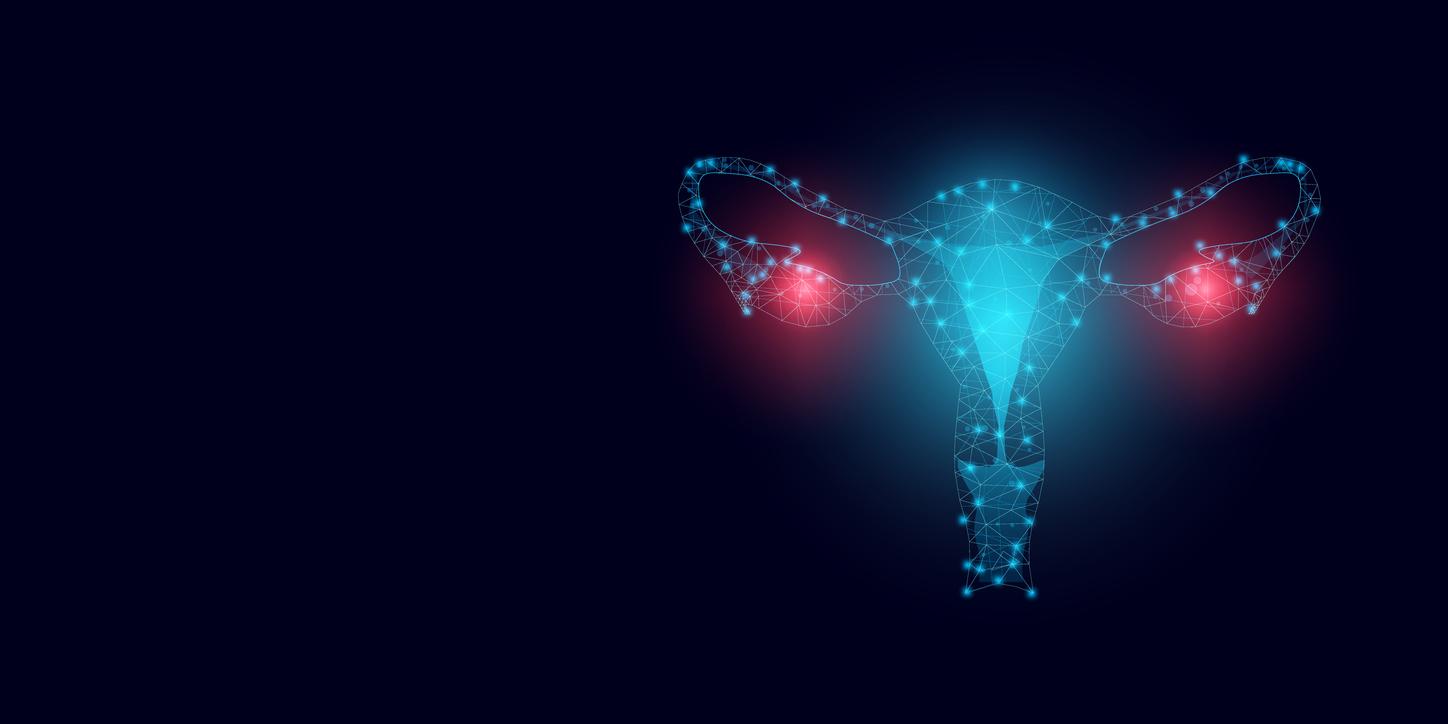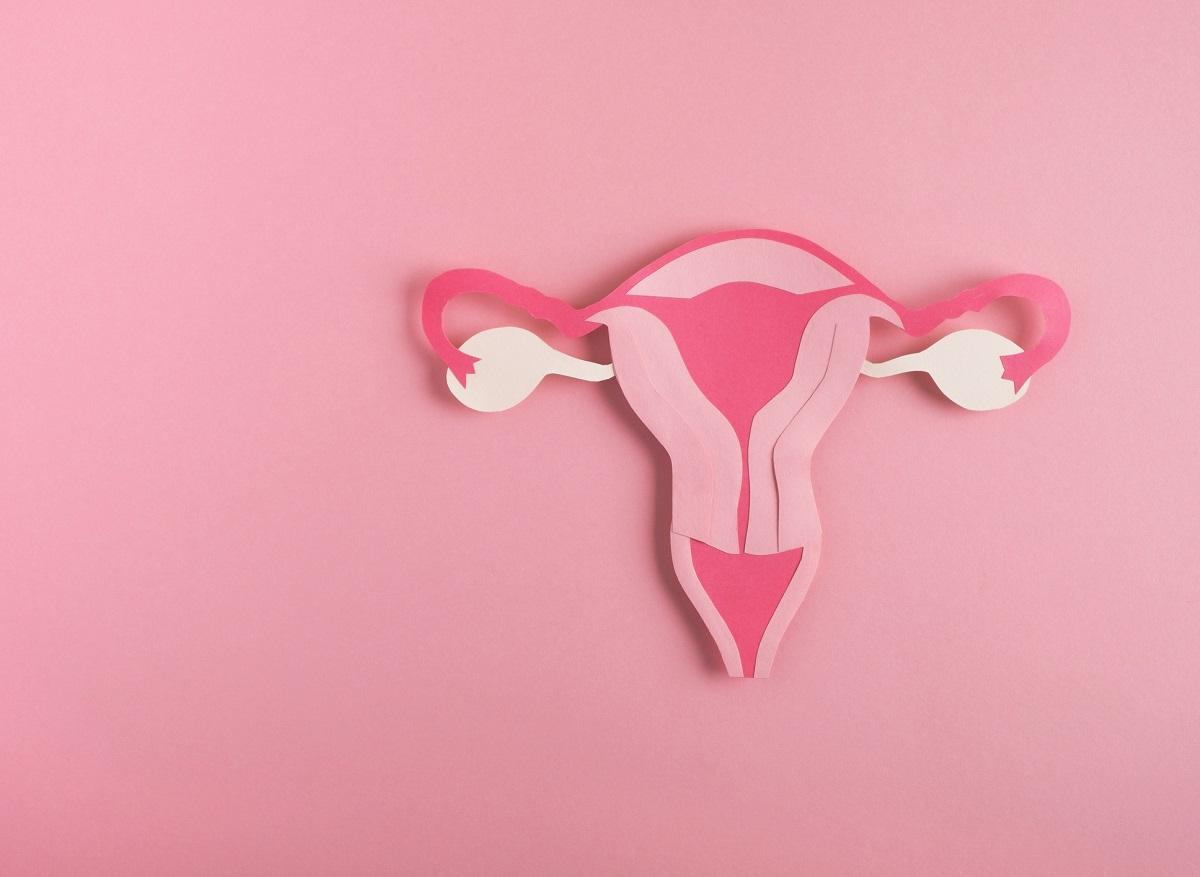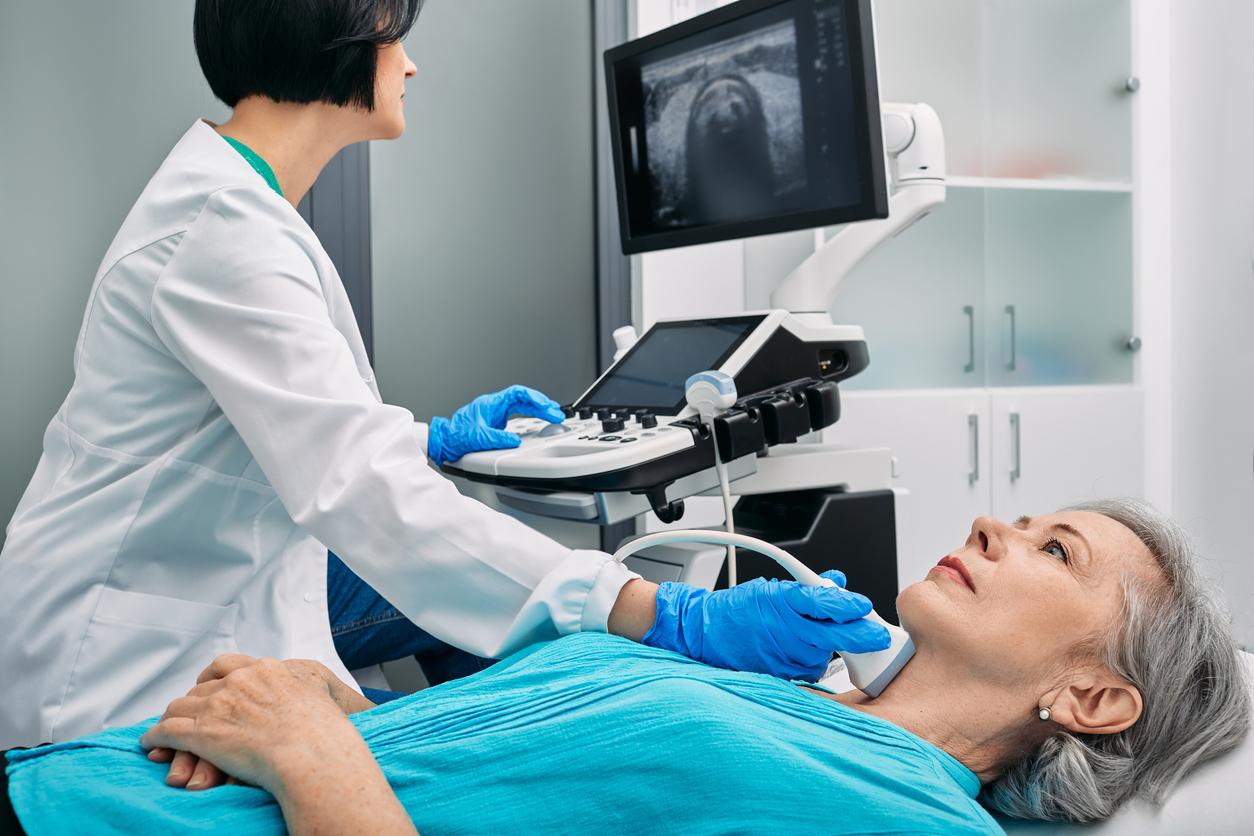British researchers have reviewed the scientific literature on the links between thyroid and fertility, before, during and after conception.

There are strong links between the thyroid and reproductive health. “Because the function of the thyroid gland is under the control of the hypothalamus-pituitary axis, changes in thyroid function can have a significant impact on reproductive function before, during and after conception,” said Amanda Jefferys , from Southmead Hospital in Bristol, and his colleagues who signed a literature review on the subject in the journal researchers The Obstetrician & Gynaecologist. Thus the pathologies of the thyroid would represent “the most common endocrine hormonal problem affecting women of childbearing age”, they add.
Hyperthyroidism: 2.3% of women with fertility problems
Hyperthyroidism (excessive functioning of the thyroid) affects about 2.3% of women consulting for a fertility problem, compared to 1.5% of women in the general population. This hormonal disorder is often associated with irregular periods (weak or too frequent). While the impact of treatment for hyperthyroidism on pregnancy rates in assisted reproduction centers remains to be assessed, according to the authors, postponing pregnancy for at least 6 months after treatment is recommended.
Hypothyroidism (under-functioning of the thyroid) is also common, affecting 0.5% of women of childbearing age. Hypothyroidism can also be associated with period disturbances (decrease in volume and duration, heavy bleeding, absence of periods), or even in some cases an absence of ovulation. And even after replacement therapy, egg counts, fertilization rates, implantation, pregnancy, and live birth rates appear to be reduced compared to women with normal thyroid function.
Elevated levels of TSH (the hormone that regulates thyroid activity) may be associated with reduced rates of fertilization during assisted reproduction (ART), as well as reduced rates of pregnancy. In the context of designs by PMA, recent American recommendations therefore advise maintaining blood TSH levels below the threshold of 2.5 mU / L.
Thyroid and miscarriages
Moreover, as thyroid hormones play an important role in the development of the embryo, thyroid pathologies have long been suspected of being associated with an increased risk of miscarriages. However, the evidence is still limited. Among the studies compiled by the English authors, only one study reports a doubling of the rate of miscarriages in women with hyperthyroidism.
Finally, pregnancy has a profound effect on the functioning of the thyroid. As it progresses, the demand for thyroid hormones increases. This makes pregnant women with hidden or subclinical thyroid disease more susceptible to thyroid dysfunction. Graves ‘(or Graves’) disease, an autoimmune disease of the thyroid, is the most common cause of hyperthyroidism in pregnancy, affecting up to 1% of pregnant women.
Pregnancy: benefit of expanded screening
Currently, hypothyroidism is only sought systematically in women at high risk. But the authors point out that targeted screening “would miss approximately a third of cases of hidden or subclinical hypothyroidism.” There is some evidence to suggest that screening for thyroid dysfunction extended to the general population and performed early in pregnancy may be of benefit.
For women being treated for hypothyroidism, the dose should be increased early in pregnancy. Then the thyroid function check should be carried out every four to six weeks, in order to adjust if necessary if the treatment in order to maintain an optimal blood level of TSH (from 0.5 to 2.5 mU / l).
Treatment for hyperthyroidism should also be continued in pregnancy. Monitoring of the mother’s thyroid function, as well as the growth of the fetus and its heart rate should be performed throughout pregnancy.
.

















